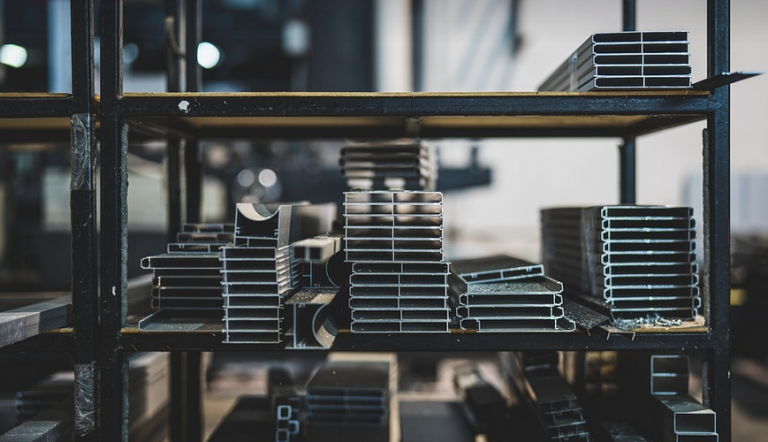
Unlocking the Power of Precision: A Guide to Buying Used Welding Equipment
So, you’re looking at welding machines and wondering where to start? The world of welding can be both exciting and daunting. You might be thinking about starting a new project, tackling some DIY repairs on your car or even exploring professional opportunities in the field.
Whether you’re aiming for hobbyist projects or serious enterprise, understanding the power of quality used equipment is crucial. And this brings us to the world of second-hand welding machines – an accessible and often cost-effective solution that can unlock a whole new level of efficiency and precision in your work.
The appeal of buying used welding machines is clear: they offer significant savings compared to their brand-new counterparts, allowing you to maximize your budget. It’s like getting the best of both worlds – the functionality of a high-quality machine, coupled with the financial flexibility that comes from purchasing second-hand.
Of course, there are considerations when diving into this world. Choosing the right used welding machine depends on the specific needs and requirements of your project, but it’s vital to understand the advantages before you make any decisions.
First off, let’s delve deeper into the benefits of opting for a second-hand welding machine:
**1. Saving Money:** This is arguably the biggest draw for those looking at used equipment. You can often find quality machines that are significantly cheaper than their new counterparts, allowing you to invest your budget in other areas of your project.
**2. Accessing High-Quality Machines:** Don’t worry, buying used doesn’t mean settling for subpar equipment! Reputable sellers offer a wide array of options with varying features and functionalities. You can find machines suitable for hobbyists or those venturing into more specialized work.
**3. Sustainability:** Choosing second-hand welding machines is a conscious decision that promotes sustainability. It reduces electronic waste and helps conserve resources, making it an environmentally friendly option.
Now, let’s explore the factors to consider when choosing a second-hand welding machine:
**1. Type of Welding:** The first step is determining what you’ll be using the machine for. Are you aiming for basic metalworking, intricate TIG welding, or something in between?
**2. Welding Technique and Skill Level:** This depends on your level of expertise in welding. If you’re just starting out, seeking a beginner-friendly option with easy operation and clear instructions will benefit you.
**3. Machine Specifications:** Pay close attention to the machine’s specifications. Look for things like welding amperage, voltage, wire diameter compatibility, and output power – all factors that influence its versatility and performance.
**4. Brand & Reputation:** Reputable brands are highly recommended when buying used welding machines. Research the history of different manufacturers to identify reliable vendors known for their quality and customer satisfaction.
**5. Physical Condition and Warranty:** Before making your final decision, always inspect any second-hand machine beforehand. Check its overall condition – look for cracks in the metalwork, worn out components, or any other potential issues.
**6. Negotiation & Price:** Don’t be afraid to negotiate with sellers on price but ensure you have a clear understanding of the machine’s functionality and condition before making your final decision.
Investing in a used welding machine doesn’t just mean acquiring equipment; it’s about embracing a responsible and cost-effective approach. By following these steps, you can find the right second-hand welding machine that suits your needs and budget, setting you on the path to achieving your welding goals with precision and efficiency.


